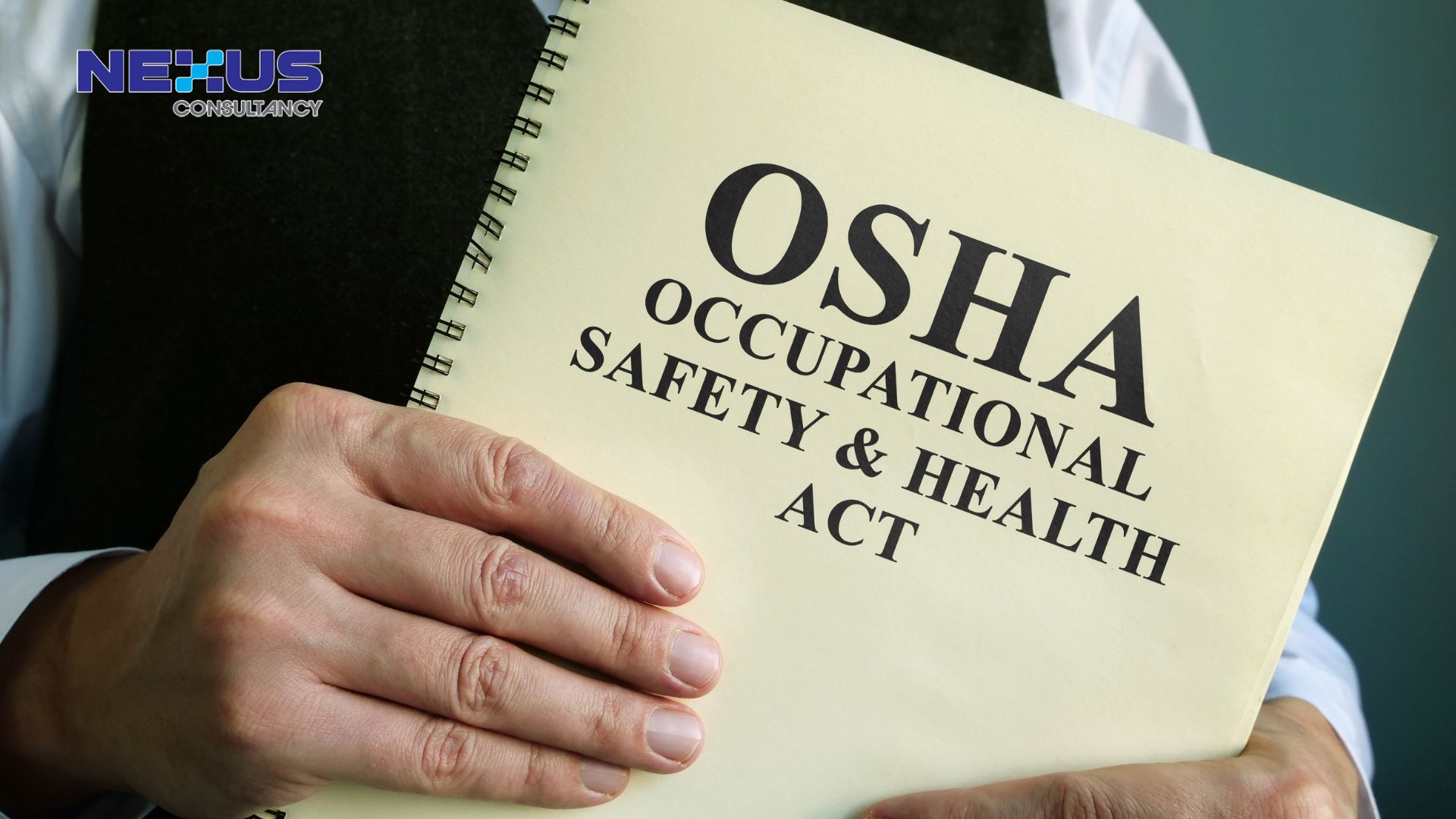
Tey Su Yin
Management Consultant
There are a variety of issues created by modern-day food production. By the time the food you eat gets to your table, much of the environmental impact has already occurred.
– 3 mins read
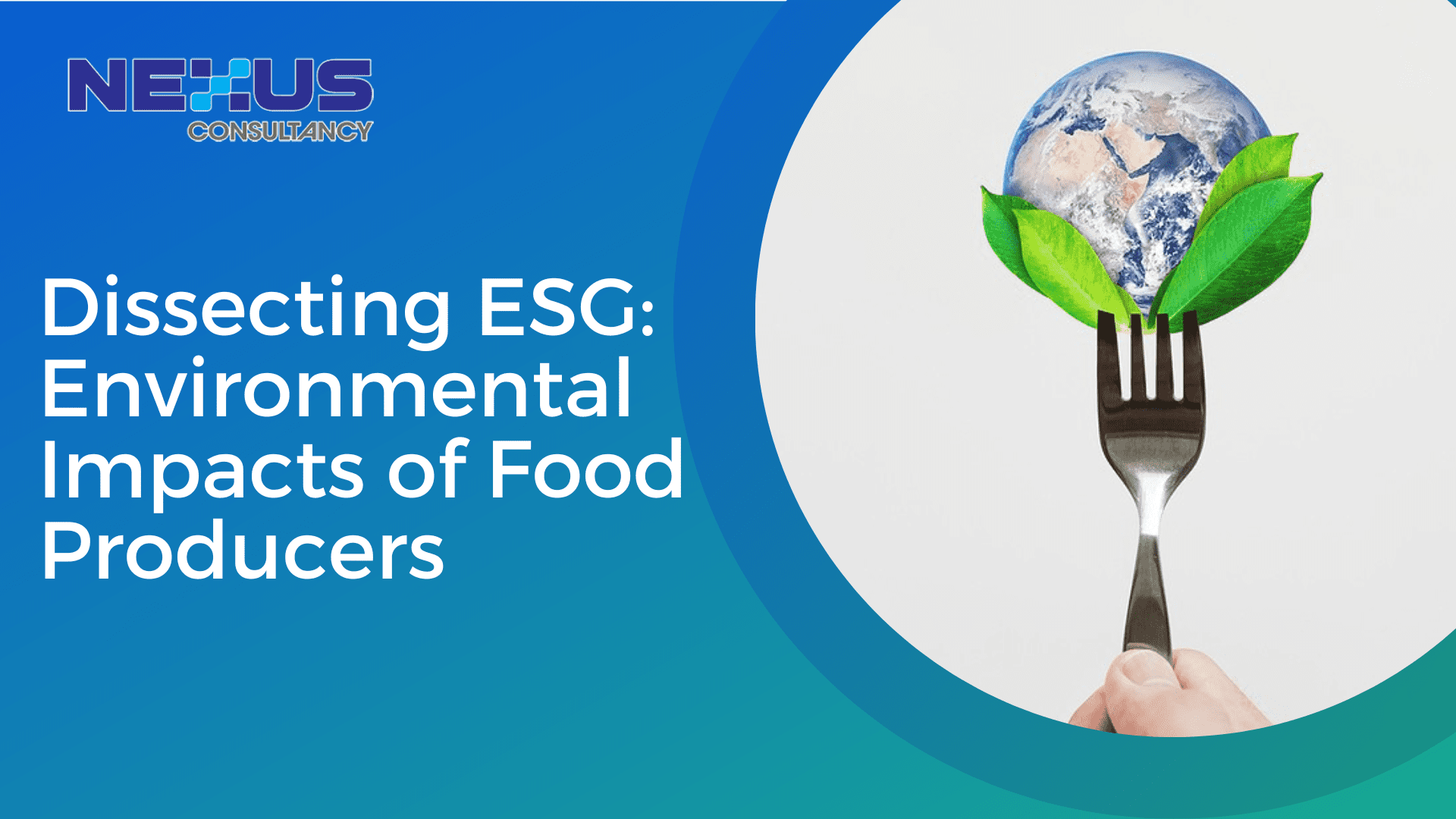
More and more companies take note and focus on Environmental, Social and Governance (ESG), including food producers. One important subset in ESG to look into is environmental. Environmental criteria would refer to the food producers’ environmental impact(s) and risk management practices. These include water pollution, environmental pollutants and contaminants, direct or indirect greenhouse gas emissions and natural resource depletion.

Your diet will have a big impact on the environment regardless of where you get your food or what you decide to eat. There is no escaping the environmental impact that the growing, harvesting, and transportation of our food have on everything from veggies to meat and everything in between. Even worse, modern agricultural and farming methods are contaminating our air and water and encroaching on ecosystems that are important to the environment. The future of the modern food system might not look good to those trying to lessen their environmental footprint. However, there are still actions that everybody can take to lessen their carbon footprint, eat a more sustainable diet, and support more sustainable methods of food production and procurement.
Modern food production causes a wide range of problems. Most of the environmental impact has already happened by the time your food arrives at your table, including:
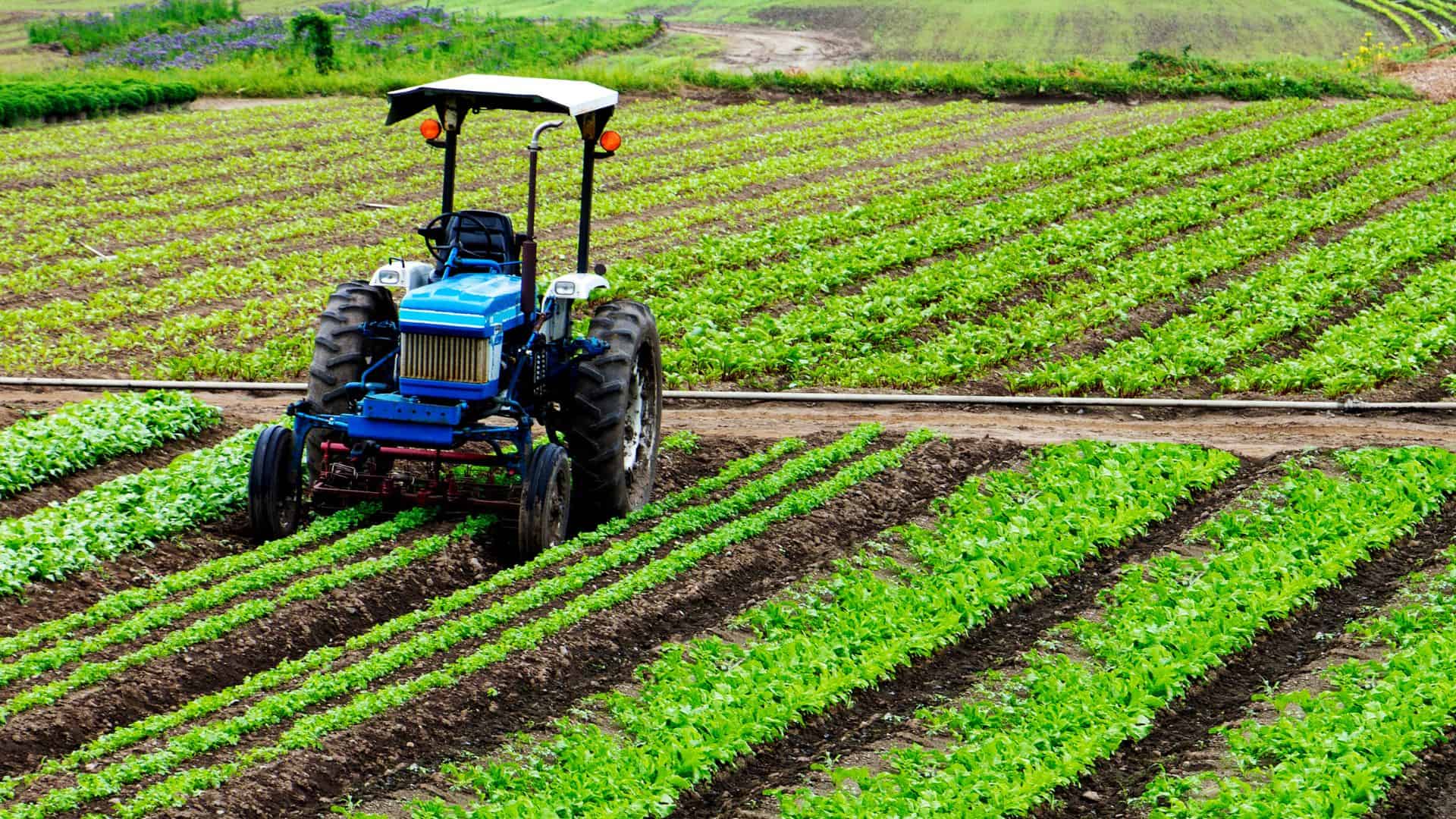
Use of Water and Water Pollution
It needs a lot of water to grow food. Approximately 70% of all water use is for agricultural purposes. Groundwater resources may get contaminated with elements like nitrogen and phosphorus, which are frequently employed in current farming methods, when runoff of agricultural contaminants occurs.
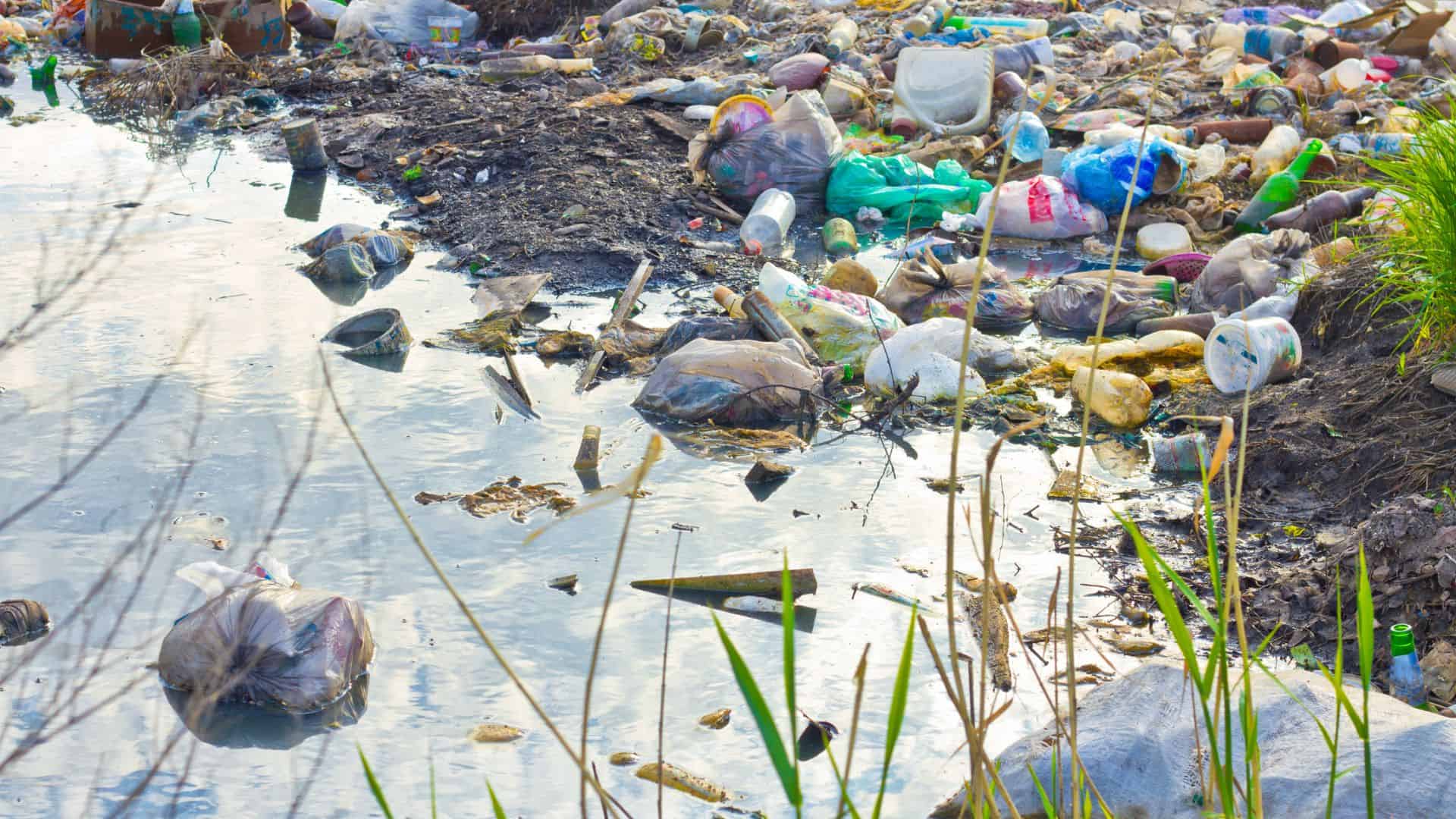
Environmental Pollutants and Contaminants
Food production, handling, and transportation can result in a wide range of environmental pollutants that can be harmful to both human and ecological health. Ammonia pollution and the release of various nitrogen compounds, which affect soil life and the existence of both plants and animals, are examples of these contaminants.

Emissions Of Greenhouse Gases
Fossil fuel consumption results in greenhouse gas (GHG) emissions, such as CO2, during a number of processes in the food cycle, such as food production and distribution.
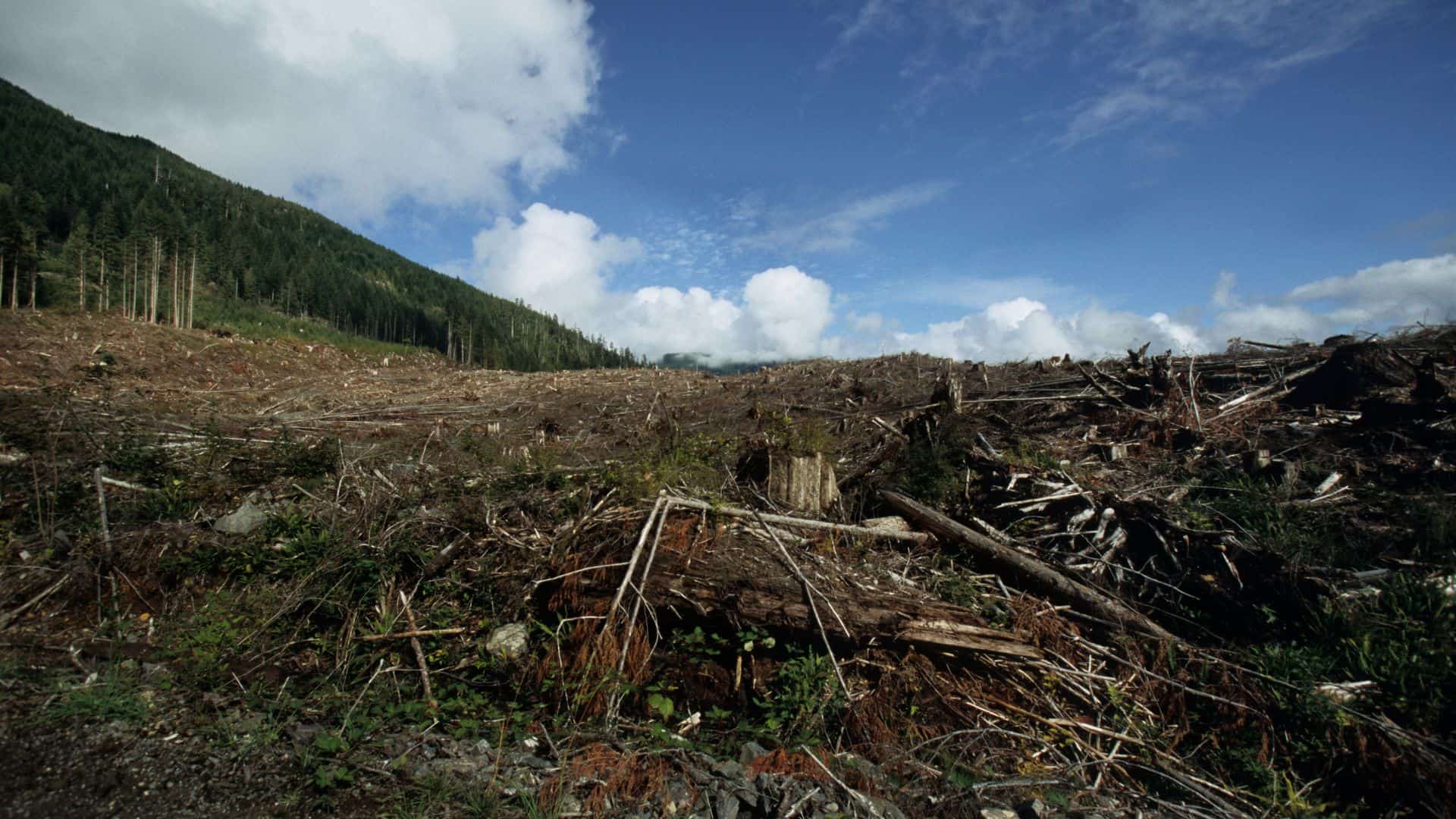
Natural Resource Depletion
Natural resources used for food production account for a sizeable share of global resource use. The largest contributor is livestock, which uses one-third of the world’s arable land for feed production and another 25% for grazing.
Real change in environmental issues, such as food, begins at the individual level. We believe that implementing sustainable policies and using the appropriate equipment will help to lessen the overall environmental effect. Food manufacturers can start by implementing an Environmental Aspect Impact evaluation to identify the environmental aspects, determine the significance of the impacts arising from these environmental aspects, and if significant, establish control plans to reduce or eliminate the impacts. In order to produce value for the earth and the families it feeds, focus can be channeled to maximizing the food supply chain, attaining sustainability, improving water efficiency, and re-establishing the environmental balance.
Feel free to contact us to learn more about ESG
More Article
ESG for SMEs: Simple Steps to Get Started (Even with a Small Team)
Chief Operating OfficerSimple ESG tips for SMEs. Begin your journey with support from trusted ESG consultants in Malaysia.In today’s business environment, Environmental, Social, and Governance (ESG) practices are no longer just for large corporations. Small and...
What Is Food Safety Culture and Why It Matters More Than Ever
Chief Operating OfficerLearn why food safety culture is a must-have for compliance, brand trust, and growth—backed by ISO consultants in Malaysia.In today’s competitive and tightly regulated food manufacturing landscape, compliance alone is no longer enough. To...
Why Proactive OSH Legal Compliance Is Good for Business Reputation
Chief Operating OfficerWorried about Malaysia’s OSH Act penalties or workplace audit readiness? Discover how proactive OSH compliance builds trust, reduces fines, and supports ESG goals.In today’s competitive market, companies are judged not just by their products or...
Positioning Your Brand for the Future with Strategic ESG Reporting in Malaysia
Chief Operating OfficerLooking to strengthen trust, investor appeal, and brand leadership in sustainability? Learn how ESG reporting in Malaysia is powering business growth. Start your ESG reporting journey with expert support!In a world where trust and transparency...








